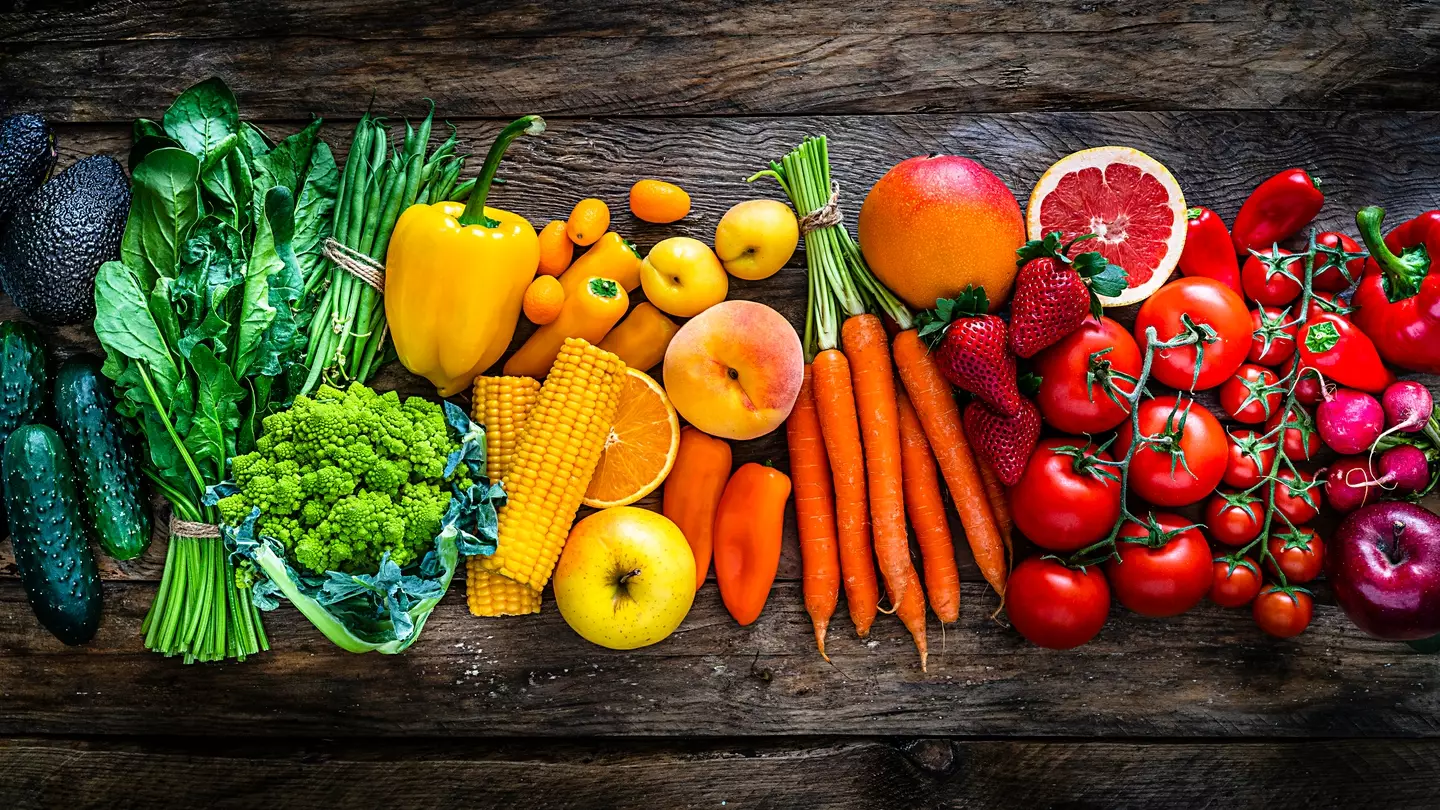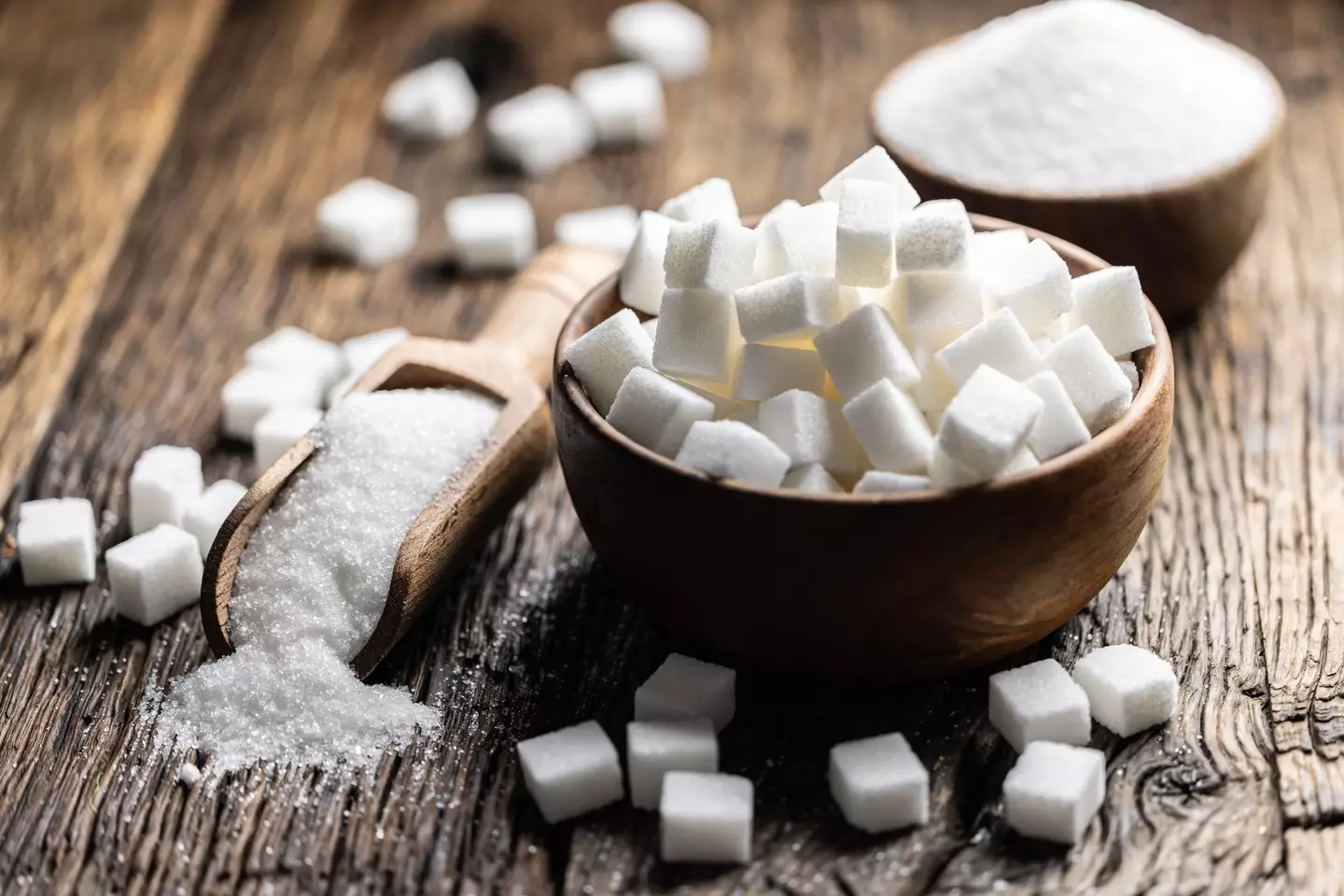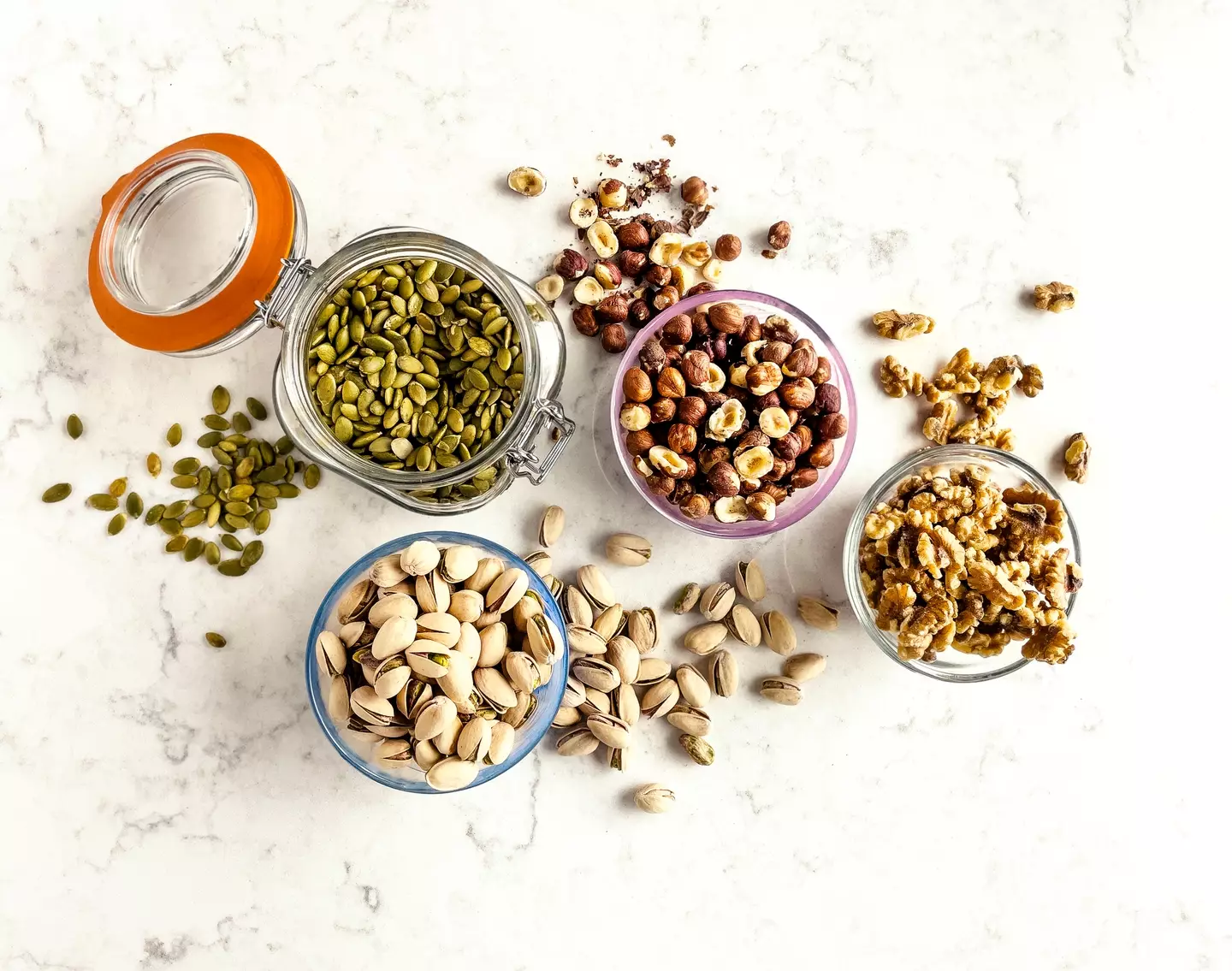
Making changes to your diet can have a dramatic effect on your health and wellbeing.
Cutting down on sugar, eating more vegetables, getting plenty of protein, and maintaining a balanced caloric intake can help you to feel more alert, clear-headed, physically capable, and consistent in your day-to-day.
If you’re looking to live for a long and healthy time, you might be drawn to stories from the world’s Blue Zones. Places like Sardinia, Italy and Okinawa, Japan fall into this category: places where the locals tend to live to 100 or more at a greater rate than the average.

Advert
There’s rarely a clear-cut answer to find in the Blue Zones, though. Maybe it’s eating beans every day, maybe it’s having a glass of red wine every night, maybe it’s about eating more oily fish.
Generally speaking, the foods that give us the most nutrition are pretty well-observed – it’s unsurprising to hear that it’s a good idea to more vegetables – so if you’re clued up there then your attention might shift to getting that grub in the most efficient and consistent way.
For wellbeing expert Nicci Roscoe, a holistic wellbeing professional and NLP practitioner, there are some fundamentals that are worth adhering to if you want to live a healthy and long life.
If you’re expecting some wild, exclusion-based dietary advice, fret not. Roscoe says much of her advice comes down to exercising ‘moderation’ and knowing it’s normal to have ‘moments of indulging every so often’.
Let’s dig into her hacks for maintaining a solid healthy diet.
Rainbow foods
"Having a combination of rainbow colours in your food is key to a healthy balanced diet,” said Roscoe. “It's important to have a good balance of protein, carbohydrates, and fats."
This alludes to some more granular five-a-day advice. If you’re eating five portions of fruits and vegetables already, that’s great, but you could go a step further by making sure those five portions are each of a different colour. The idea is that different colours often connote different nutritional contents, so having that variety increases your chances of covering everything off.

Wholegrains
Fibre-rich wholegrains like whole wheat, brown rice, oats and quinoa can decrease your chances of developing chronic illnesses. Fibre gives your intestines something to push against, keeping the muscles fit, as well as helping to keep your poos solid and easy to pass.
Roscoe advises a couple of simple changes to increase your fibre intake, such as swapping out white pasta for brown pasta. .
Plan for three major meals per day
It’s all too easy to skip breakfast, have a rushed lunch, or opt for something out of a packet when you can’t be bothered to cook dinner. Having a proper meal plan can make things easier by cutting out the daily decision-making and ensuring you properly shop for what you need on a weekly basis.
"[N]o matter how busy you are it's important to start the day off right with a decent breakfast," added Roscoe.
"Eating breakfast helps to kickstart your metabolism and stave off cravings, and it needn't be an elaborate affair."
She recommended the likes of muesli, chia seed puddings and oats soaked in yoghurt or milk overnight and mixed with seeds, berries and honey.
"Preparing your food the day before gives you a much healthier option."
Cook in bulk
You can make things easier for yourself by getting the majority of your cooking for the week done in one go.
With a couple of hours on the weekend, you can rustle up most of your week’s dinners in one go.
At a basic level, you could fry five portions of chicken breast, boil five portions of rice and do the same for five portions of broccoli, and you’ve got every weekday sorted out with some great nutrition.
Of course, there’s no end of options when it comes to batch cooking, but as a starting point this is the kind of meal prep that anyone can do from the off.

Cut down on sugar
It’s no secret that the Western diet is pretty sugar-heavy, especially where processed foods are concerned.
High sugar content increases your risk of gaining unwanted fat as the unused glucose gets stored away in our bodies, and it can also increase your chances of developing Type 2 diabetes.
This is where high blood sugar triggers a lot of insulin release, and over time your body can start resisting its own insulin if it’s regularly getting huge spikes of it.
"[Fruits] may have sugar in them, but they're not the same as consuming packets of sweets and bars of chocolate," said Roscoe whilst suggested a sweet alternative to a sugary processed snack. She added they are ‘high in fibre, rich in antioxidants and vitamin C and help lower blood pressure and cholesterol’, too.
Get more protein
Protein-rich foods help you to feel more full for longer, and they also ensure your body has what it needs for repair and growth. If you already have a regular exercise regimen, you’ll likely already know how high protein intake can boost your recovery and development.
Even if you aren’t hitting the weights, getting more protein is a good idea.
"Protein provides the building blocks for all the body's processes," explained Roscoe.
She added that people over 40 should be particularly focused on eating more protein as from here ‘muscle mass begins to decline’. That loss of muscle can have a cascading effect on your health as you age, particularly when it comes to physical capabilities.
Eating more protein and doing some resistance training can fight this decline and keep you stronger as you enter later life.
Meat, fish, eggs, dairy products, beans, lentils, nuts and seeds are all great sources of protein.

More water, less coffee
Roscoe recommends cutting back on coffee to avoid the caffeine’s potential for disturbing your sleep.
However, we would add that caffeine has a half life of 4 to 5 hours, meaning it’s cleared from our systems within eight to 10 hours. If you stop drinking caffeine ten hours before bedtime, it shouldn’t have an impact on your sleep. Make it 12 hours just to be on the safe side.
She added that topping up your water levels is also essential for good health.
The NHS recommends drinking two to two-and-a-half litres per day, and of course you should bump this up if you’ve been getting a sweat on whilst exercising or if it’s a hot and sweaty day.
Healthy fats
Roscoe notes that not all fat is bad, and indeed the fats found in the likes of nuts, seeds, oily fish and avocados can all have a positive impact on cardiovascular health.
"A healthy heart is a crucial factor in extending your lifespan, but the benefits of healthy fats don't stop there,” she said. “They also have anti-inflammatory properties which can positively influence your health and can help promote mental wellbeing as you age."

Eating mindfully
Last but not least, Roscoe recommends exercising ‘mindful’ eating. In other words, ensure you’re ‘present’ when you eat, or think actively about what you’re eating and why. This can help to keep you on the straight and narrow diet-wise, as well as check-in with yourself when you feel ready for a little indulgence.
